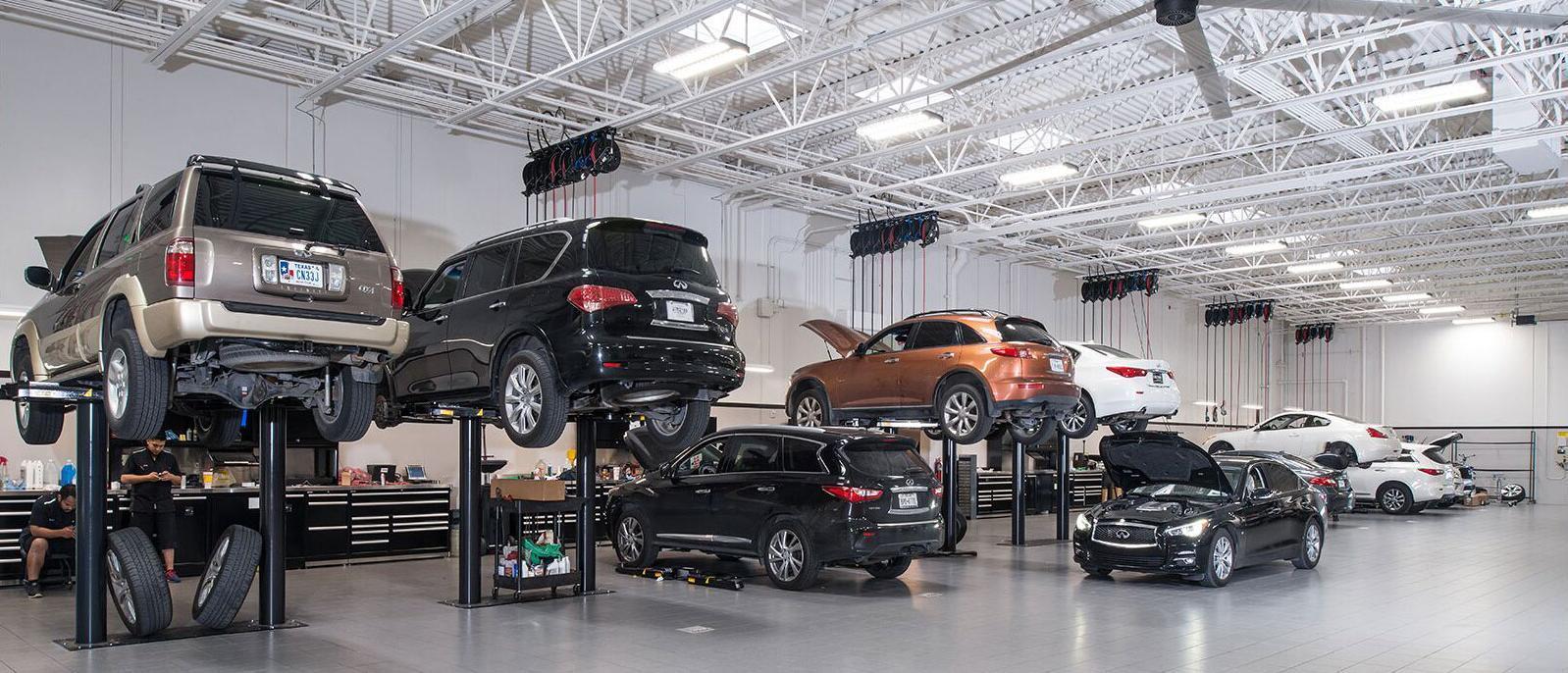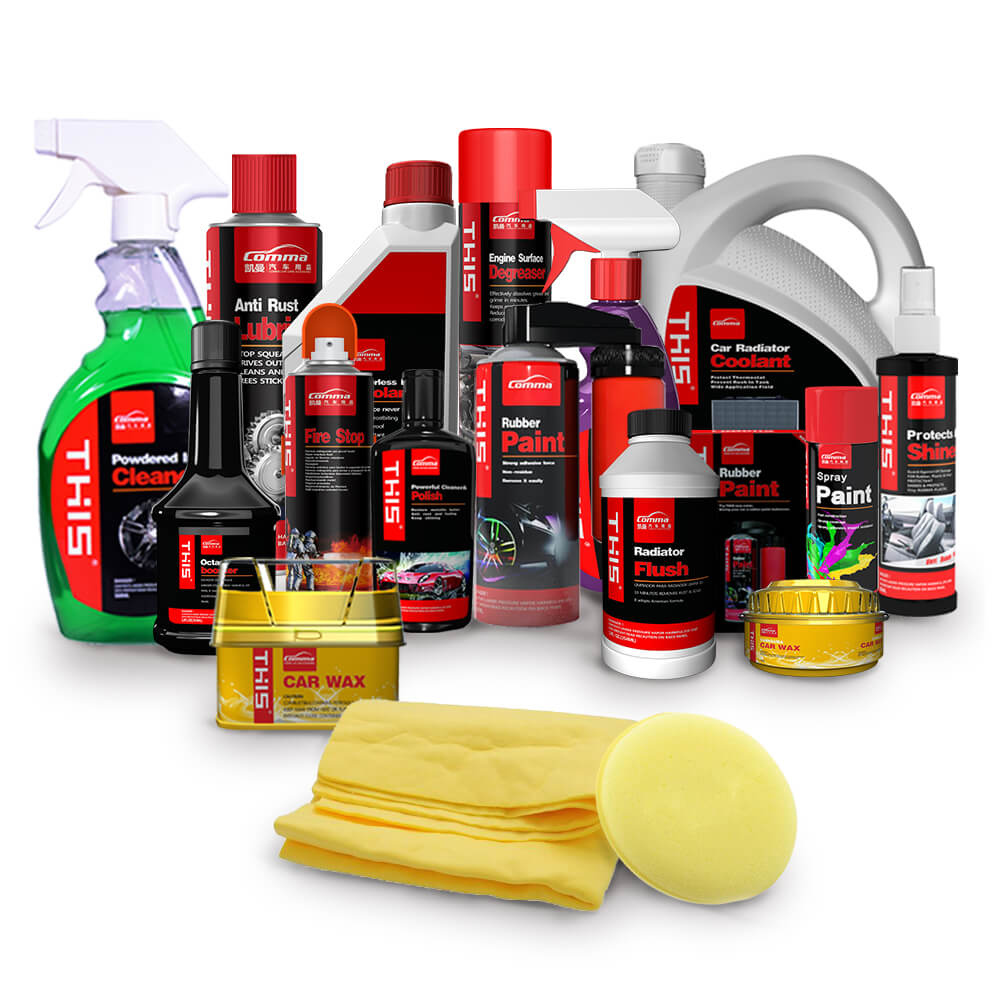Easy Vehicle Care Practices for Prolonging the Life of Your Vehicle
Maintaining a car's longevity requires a dedication to straightforward yet reliable vehicle treatment techniques that can significantly impact its performance and reliability. Normal oil adjustments, tire upkeep, and comprehensive assessments of necessary systems are fundamental steps that every car proprietor must focus on. By adhering to these techniques, one can not just improve the automobile's effectiveness but also avert costly repairs down the line. Understanding the nuances of each upkeep task can reveal further insights into enhancing automobile efficiency, making it necessary to discover these practices in better detail.
Regular Oil Modifications

Failing to alter the oil at recommended intervals can cause the build-up of sludge, minimized fuel efficiency, and ultimately, engine failure. Producers normally recommend oil adjustments every 3,000 to 7,500 miles, relying on the kind of oil utilized and driving problems. Regularly keeping an eye on oil degrees and condition can give understanding right into when a modification is essential.
In enhancement to expanding the life of the engine, prompt oil adjustments can enhance general automobile efficiency. Fresh oil adds to smoother operation, boosted acceleration, and much better fuel economic situation. To keep ideal engine feature, lorry owners should adhere to a regular oil change routine and consult their proprietor's manual for certain recommendations. By prioritizing this important upkeep job, chauffeurs can ensure their lorries remain effective and reliable for many years ahead.
Tire Maintenance and Rotation
Tire upkeep and turning are essential elements of car care that substantially influence safety and performance. Under-inflated tires can lead to raised wear and decreased grip, while over-inflated tires may endanger adventure quality and stability.
Rotating your tires is similarly critical, as it promotes also put on across all four tires. A lot of vehicles should have their tires turned every 5,000 to 7,500 miles, although consulting the proprietor's guidebook for certain suggestions is a good idea. The turning pattern may differ based on tire type and vehicle drivetrain, so following producer guidelines is important.
In addition to rotation, stabilizing your tires throughout setup and placement checks can better lengthen tire life and enhance driving comfort. Routine upkeep not just extends the life expectancy of your tires yet also adds to overall lorry safety and security (Elite Auto Care). By prioritizing tire maintenance and turning, vehicle proprietors can make sure a smoother experience and far better performance while decreasing the risk of tire-related incidents
Fluid Checks and Top-Ups
Keeping optimal liquid degrees is essential for the general wellness of a vehicle, enhancing the advantages of tire upkeep and turning. Regular liquid checks can stop severe mechanical problems, enhance performance, and guarantee safety and security on the road. Secret liquids to monitor include engine oil, coolant, brake liquid, transmission liquid, and power guiding liquid.

Transmission liquid ensures smooth gear shifts, and reduced levels can cause transmission failing. Consistently follow and inspect this liquid service intervals for substitutes. Power steering fluid boosts guiding action and needs read review to be checked throughout regular inspections.
To execute a fluid check, use the dipstick for oil and coolant degrees, and visually inspect tanks for various other fluids. If any kind of fluid shows up tarnished or infected, it's important to change it. Elite Auto Care. By preserving proper liquid levels and quality, car proprietors can dramatically prolong the life expectancy of their automotive financial investments
Battery Treatment and Maintenance
To ensure dependable car performance, appropriate battery care and maintenance are essential. A car's battery is critical for starting the engine and powering electrical systems. Normal examinations can protect against unanticipated failings and expand battery life.
Begin by checking battery terminals for rust, which can hinder electric flow. Clean any kind of accumulation utilizing a combination of cooking soft drink and water, using it with a brush, and wash completely. Ensure the terminals are snugly connected to avoid loose links that may result in starting concerns.

Lastly, throughout extreme climate conditions, be proactive in battery care. Following these guidelines will certainly help keep optimum battery performance and dependability for your vehicle.
Brake System Examination
Routinely evaluating the brake system is essential for making certain secure automobile operation - Elite Auto Care. The brake system is essential click here to read for quiting your car successfully, and neglecting its maintenance can cause hazardous circumstances. A thorough brake inspection need to include examining the brake pads, rotors, and liquid levels, together with looking for any type of indications of wear or damages
Brake pads need to be examined for thickness; if they are worn down to less than a quarter of an inch, they need to be replaced. The rotors must be evaluated for any grooves or bending, as these problems can significantly minimize braking effectiveness. It is likewise essential to check the brake fluid degree, as reduced fluid can indicate leakages or other troubles within the system.
Ideally, a brake system inspection need to be carried out at the very least when a year or whenever there are noticeable adjustments in braking efficiency. Positive treatment will certainly extend the life of your vehicle's brake system and ensure a more secure driving experience.
Final Thought
Normal oil adjustments, tire upkeep, fluid checks, battery treatment, and brake system inspections jointly contribute to optimal automobile function and safety. By adhering to these upkeep regimens, lorry owners can prevent possible issues, ensure efficient operation, and ultimately decrease long-lasting repair work expenses.
Routine oil changes, tire maintenance, and extensive assessments of crucial systems are fundamental actions that every lorry proprietor need to focus on.Although several lorry proprietors might ignore their relevance, normal oil adjustments are crucial for keeping engine health and performance.Maintaining optimal fluid levels is important for the total health of an automobile, enhancing the benefits of tire upkeep and turning. By preserving appropriate liquid levels and top quality, automobile owners can considerably extend the life expectancy of their vehicle investments.
Normal oil modifications, tire maintenance, liquid checks, battery care, and brake system inspections jointly contribute to optimal lorry feature and safety and security.